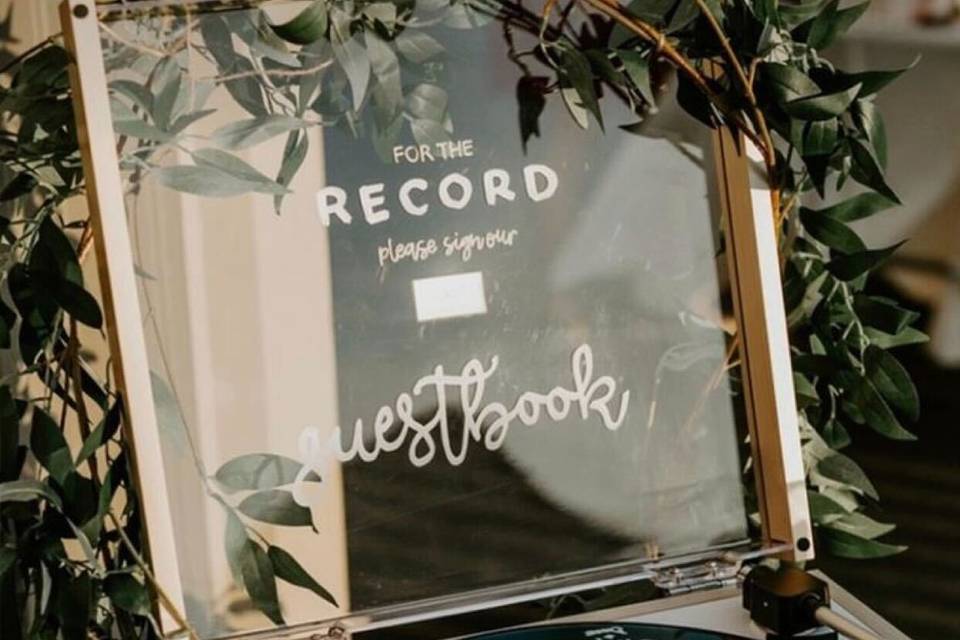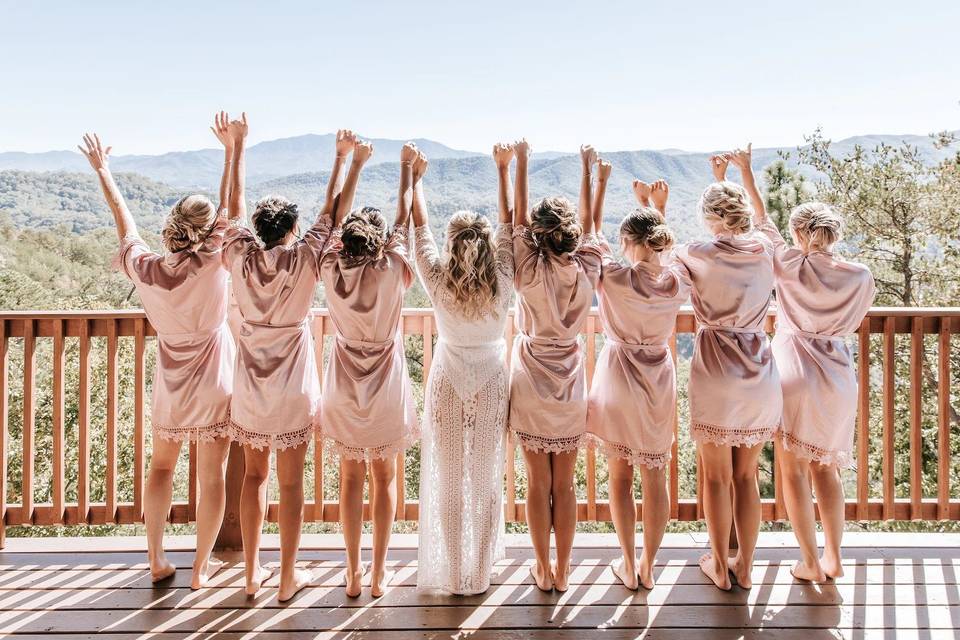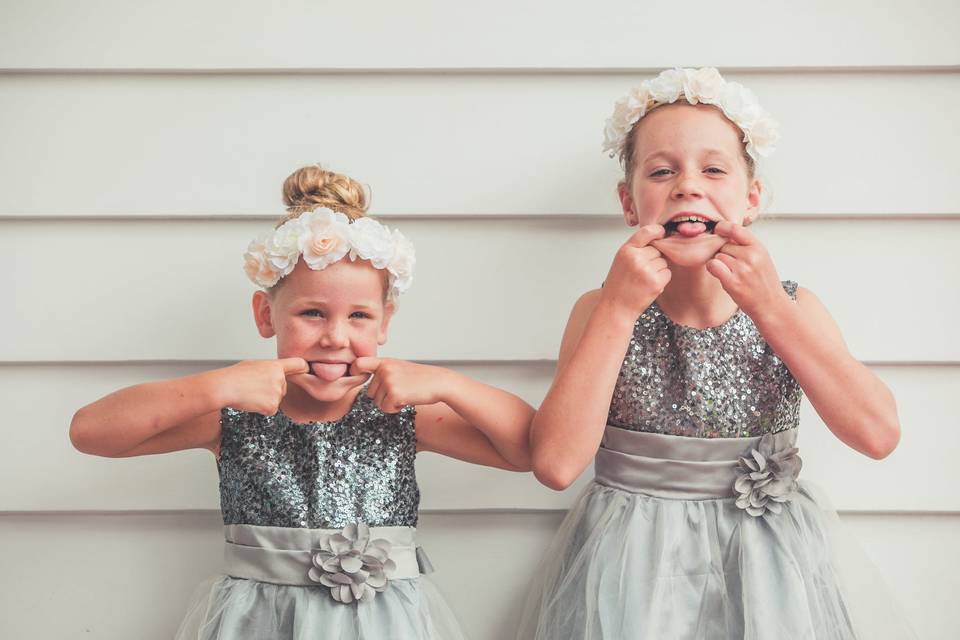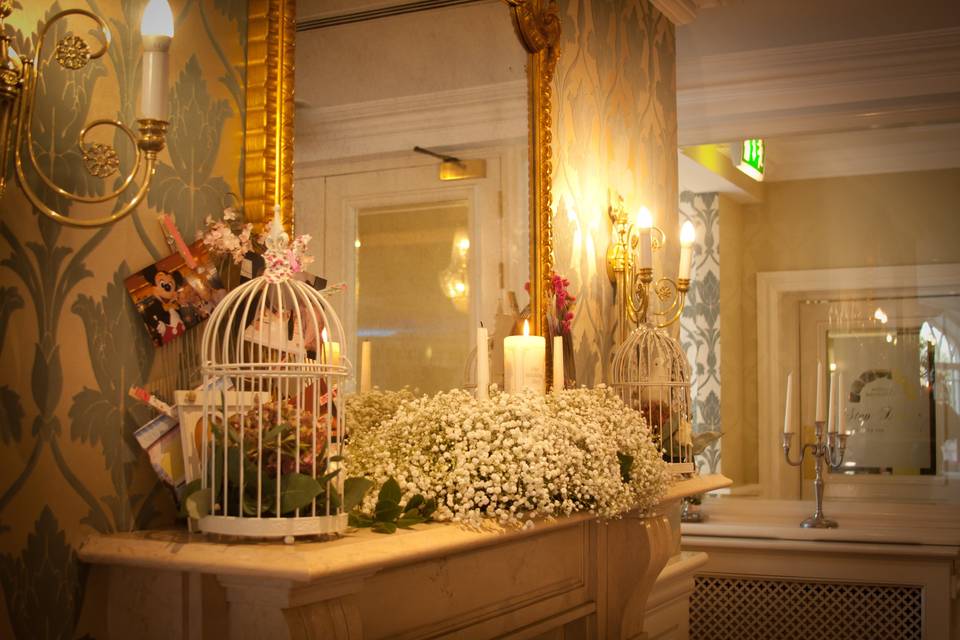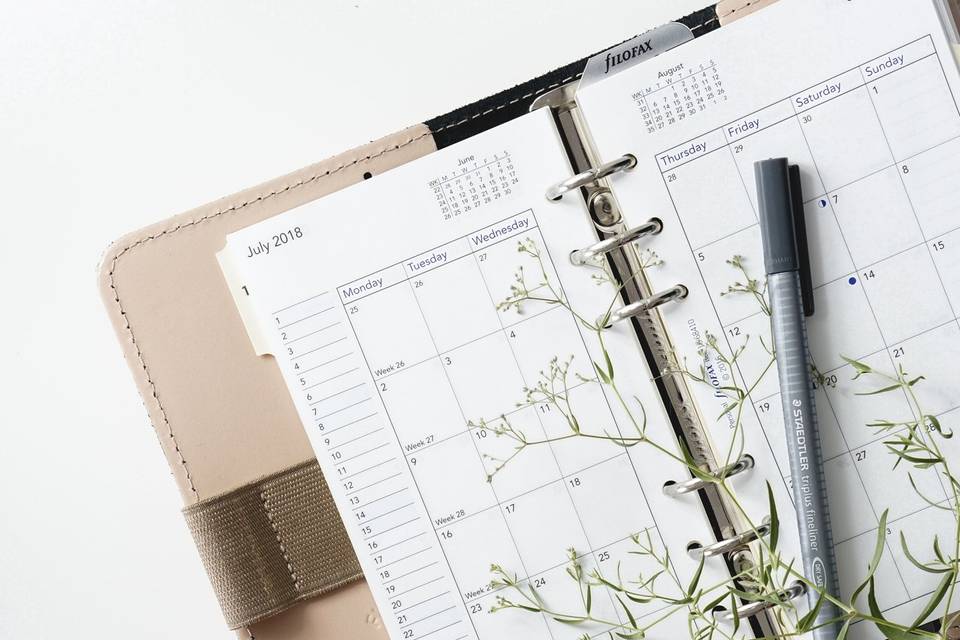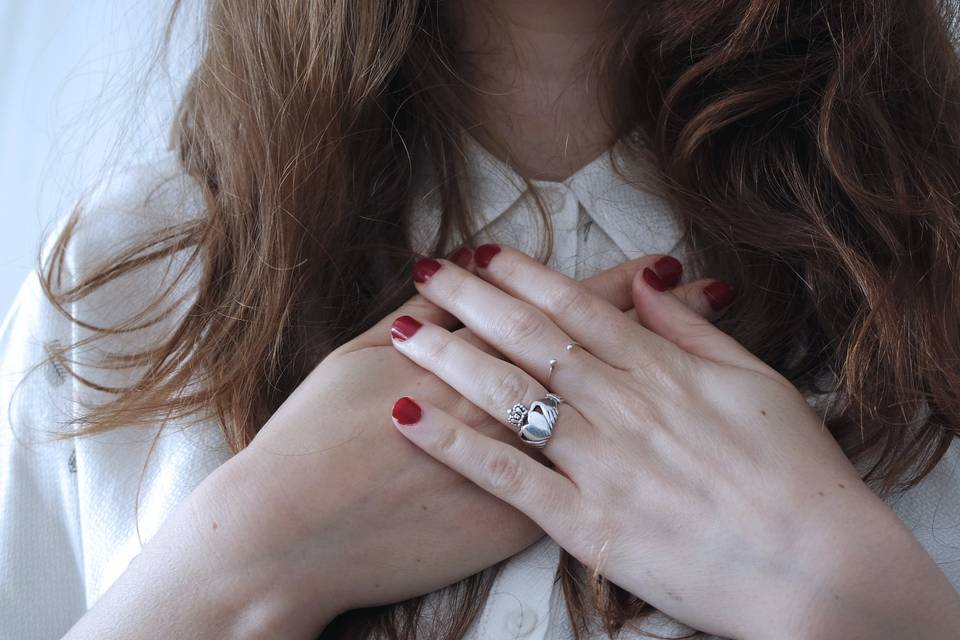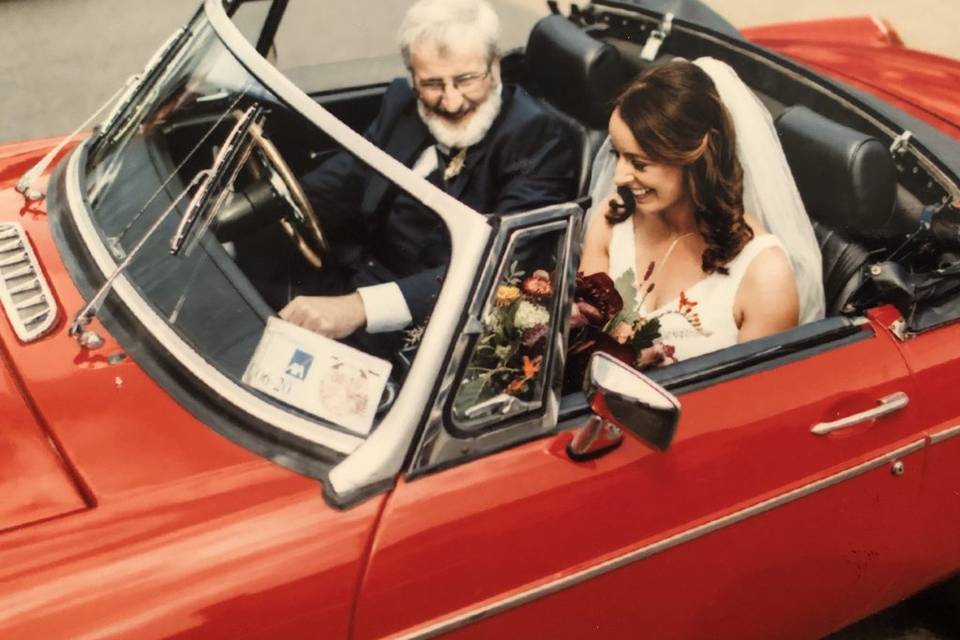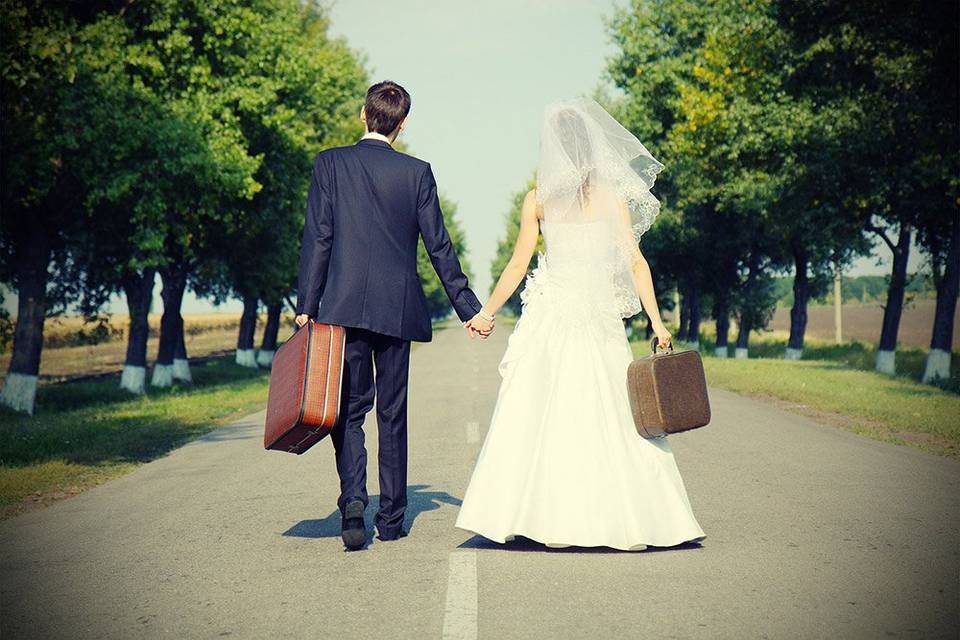Wedding Etiquette
Wedding Etiquette- there's protocol for everything!
Traditions and protocol play a large part in the wedding ceremony and although many have been abandoned, it is important to pay close attention to those that are still very much around.
A traditional wedding may not be what you and your partner have decided to go with, it is still a good idea to know what is expected. So we have drafted a quick guide as to who does what and who pays for what on the day.
Roles
Bridegroom
The bridegroom will make a speech in reply to the bride’s father. He will thank the bride’s parents and all the guests and will toast the bridesmaids.
Bride
The bride will make the final decision as to the date of the wedding and the style of ceremony they will have. She and the groom are also both expected to welcome the guests as they arrive at the reception.
Best Man
This is one of the busiest people on the wedding day and will play a significant part in helping to make sure the appropriate arrangements have been made. He will need to be responsible for supervising the ushers, arranging the stag night, driving the bridegroom to the wedding and paying any necessary fees on behalf of the groom. However, his most important job is to stand next to the groom during the ceremony and when asked, hand over the ring to the clergyman. He will also need to ensure that everyone has transport to the reception.
The best man will make his all-important speech, replying to the groom. He will also read out any cards from relatives unable to attend and arrange the cutting of the cake.
Chief Bridesmaid
She will be responsible for all other bridesmaids. Furthermore, she should help to dress the bride and hold her bouquet during the service. After the ceremony she will also help the bride to change into her going away outfit.
Ushers
They will hand out service sheets and help to show the guests to their seats.
Bride’s Father
He will accompany the bride to the ceremony and most importantly, will give her away. He will also be the first to make a speech after the wedding breakfast.
Who Pays For What?
Although there are no particular rules about this, it is best to decide well in advance who will be paying for what as it will avoid confusion or embarrassment when the big day comes around.
Bride’s Parents
Bride’s dress, occasionally the bridesmaids dresses, wedding stationery, engagement and wedding announcements, flowers, reception, wedding cake, photography and transport (just the bride’s, not the groom’s).
Groom
Bouquets for bride and bridesmaids and flowers for both mothers, gifts for the bridesmaids and best man, engagement and wedding rings, church and licence fees, the honeymoon, buttonholes for himself and the ushers and the best man and finally, transport for himself and the best man.
Order of Service
The order of service is generally broken down into six parts, however the minister will also offer advice on which hymns to choose. The order of service is as follows:
1. Introductory Medley
2. Entrance of the bride, referred to as the processional
3. Hymns, marriage vows and prayers
4. Hymn or psalm blessing
5. Signing the register
6. Recessional
There is also a certain order in which the wedding party is supposed to leave the church. The order should be: bride and groom, chief bridesmaid and best man, bride’s mother and bridegroom’s father, bridegroom’s mother and bride’s father, bridesmaids and other attendants.
Seating at the Reception
The majority of the wedding party will be seated at the top table. The bride and groom will be seated together in the centre. On the bride’s left is her father, the groom’s mother and the best man. On the right should be seated the bride’s mother, bridegroom’s father and the chief bridesmaid.
It is important to remember that not all wedding days will go according to plan. Enjoy yourself and don’t let any small arguments over who does what, spoil your precious day.

